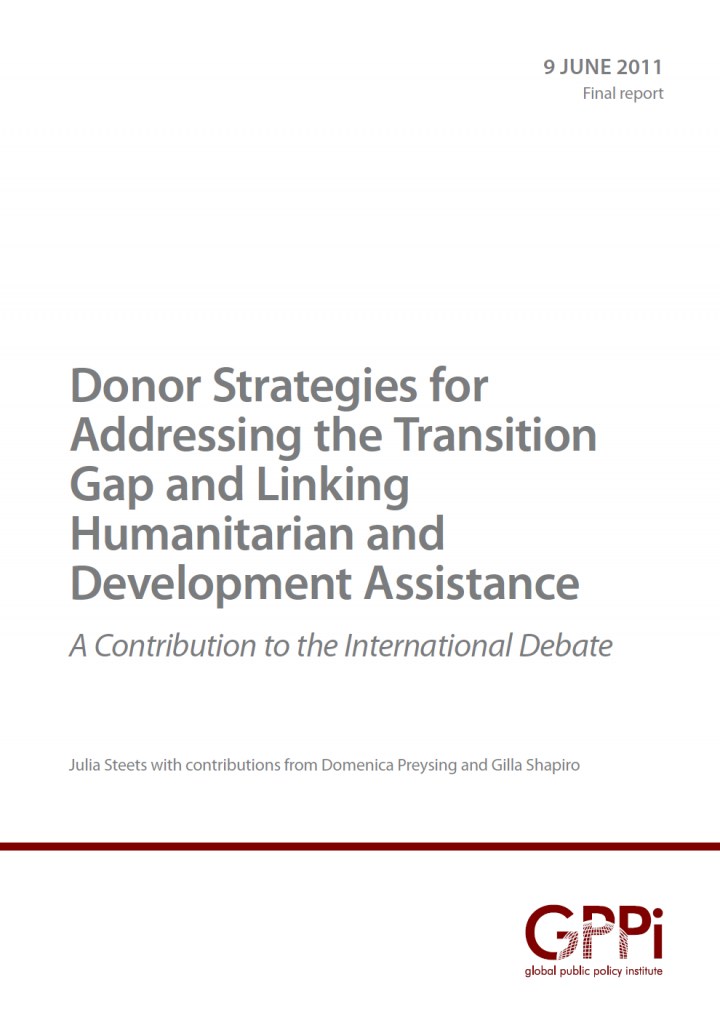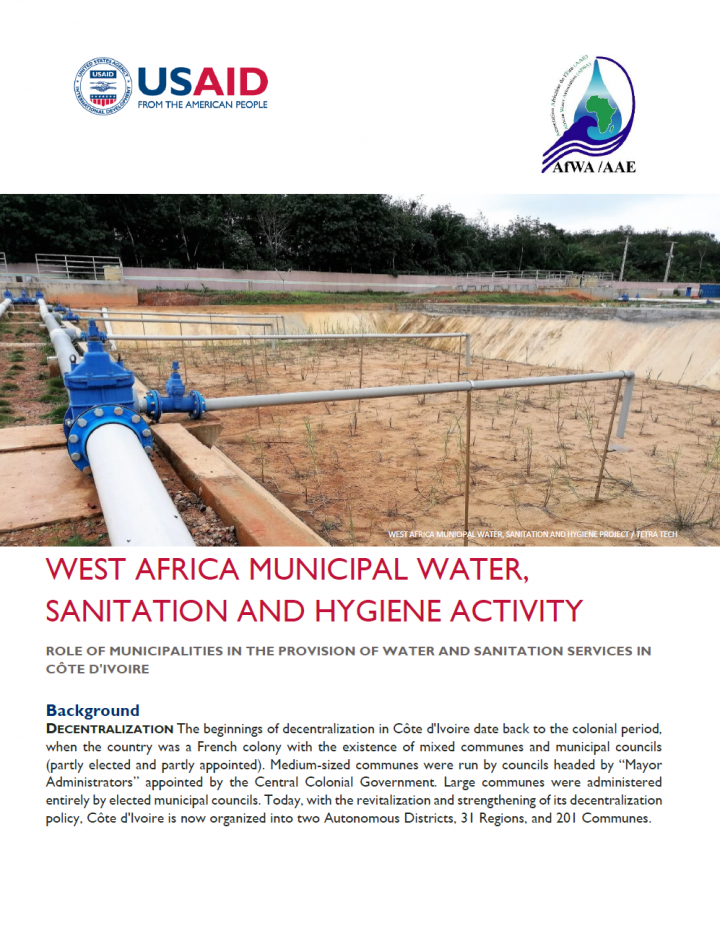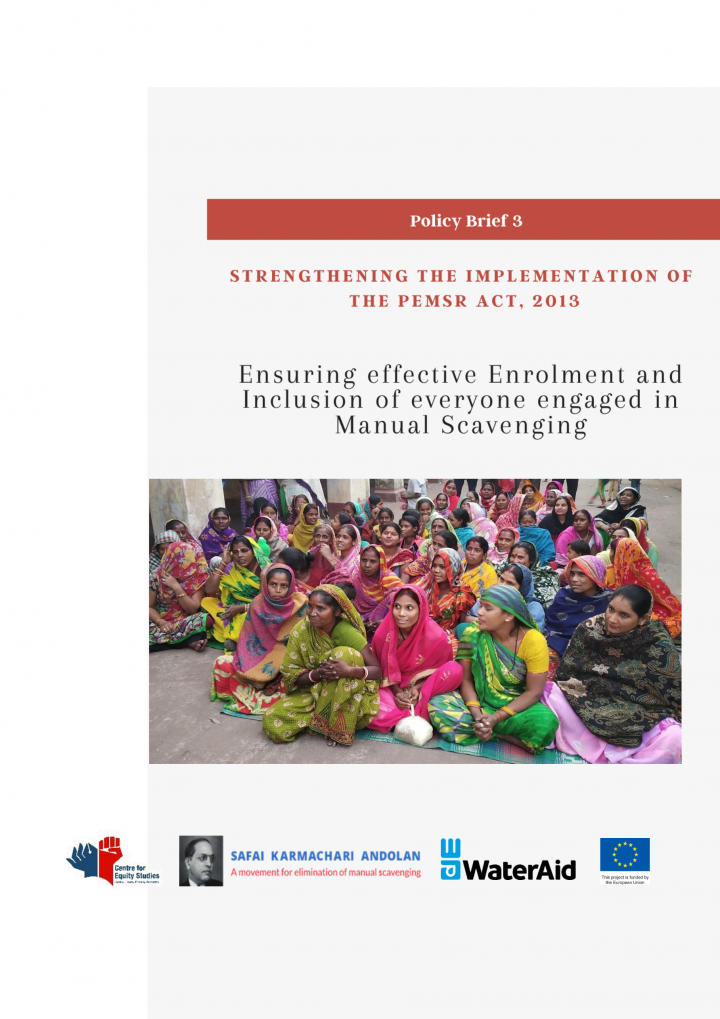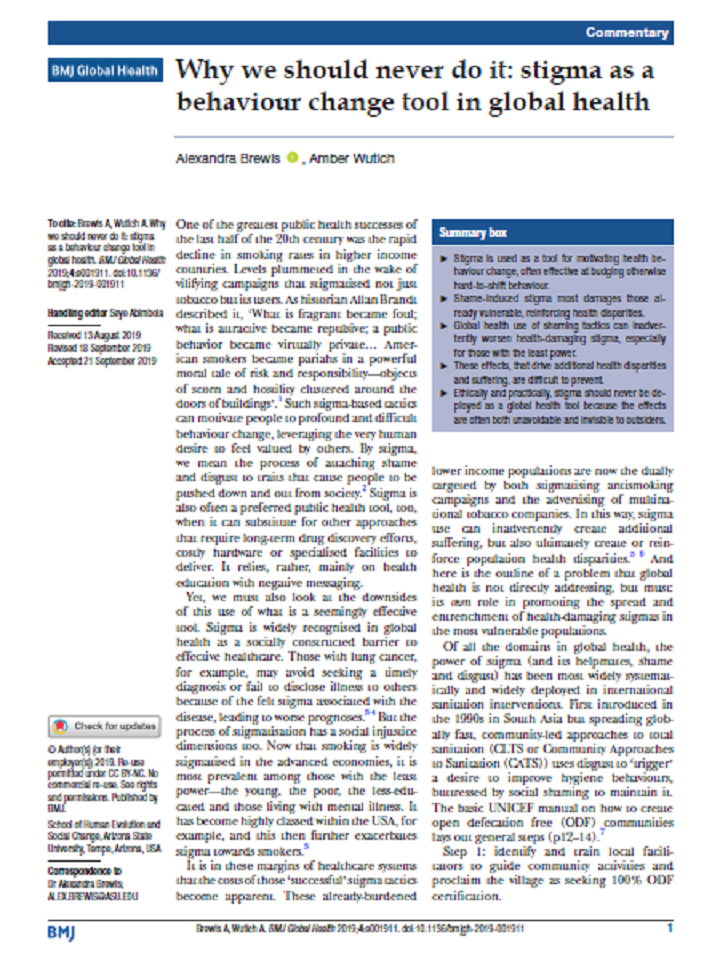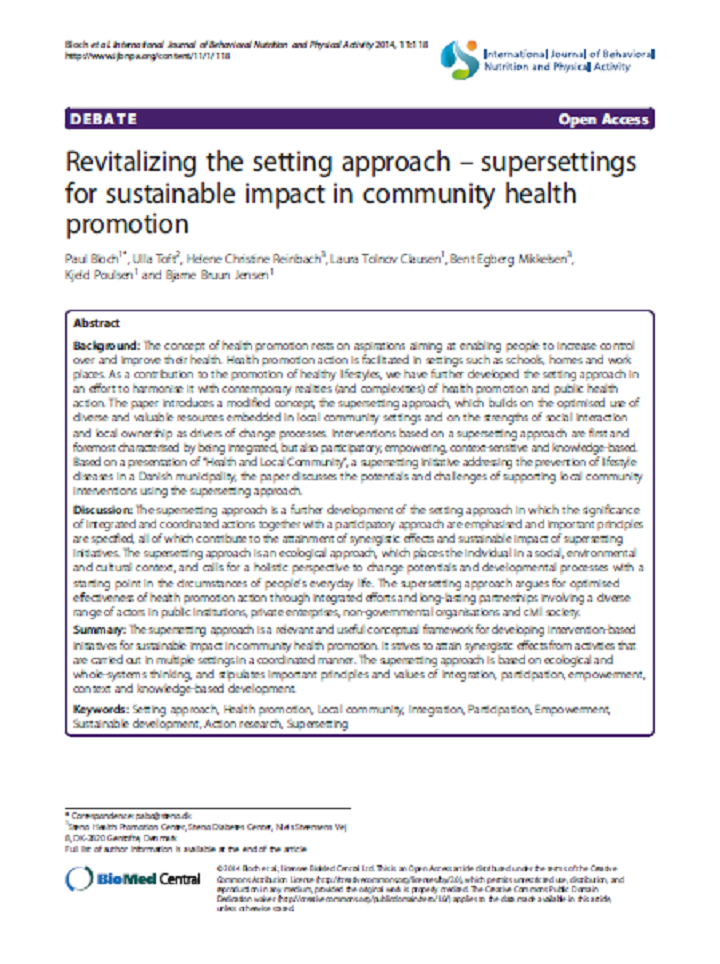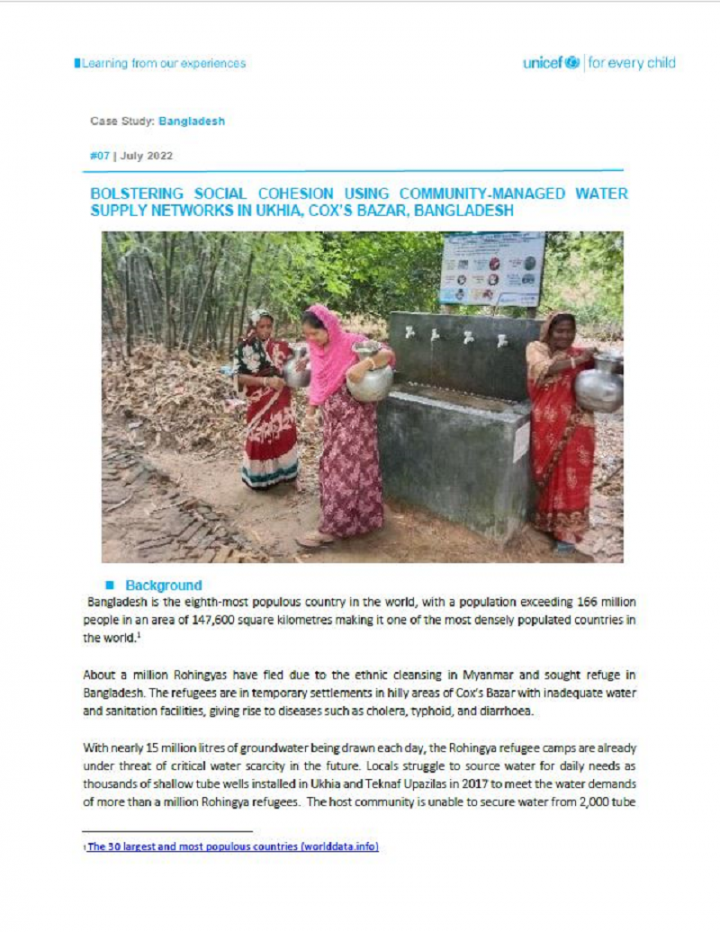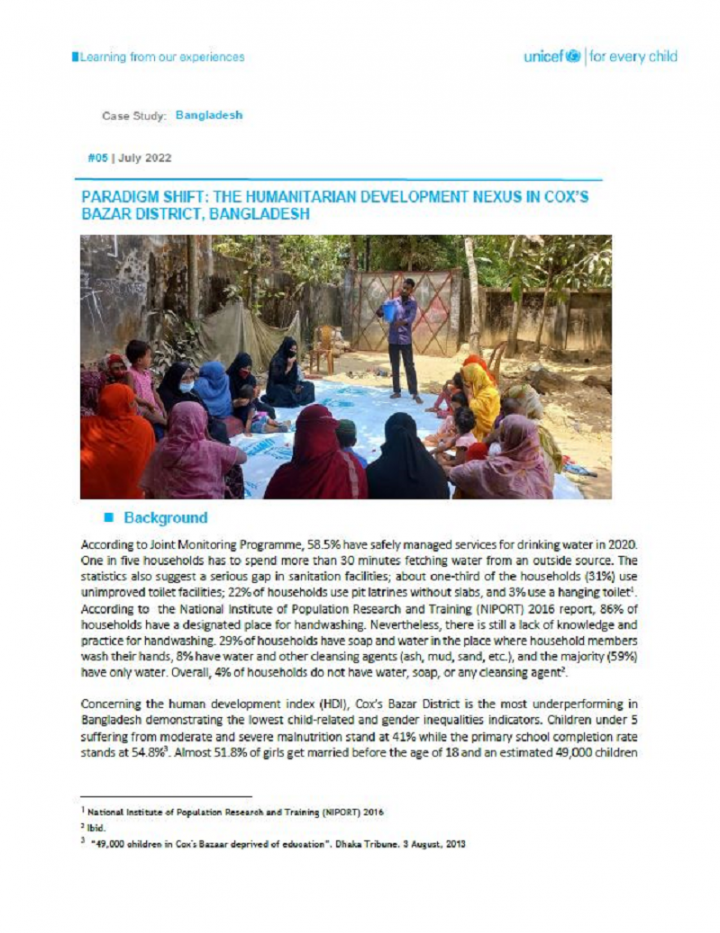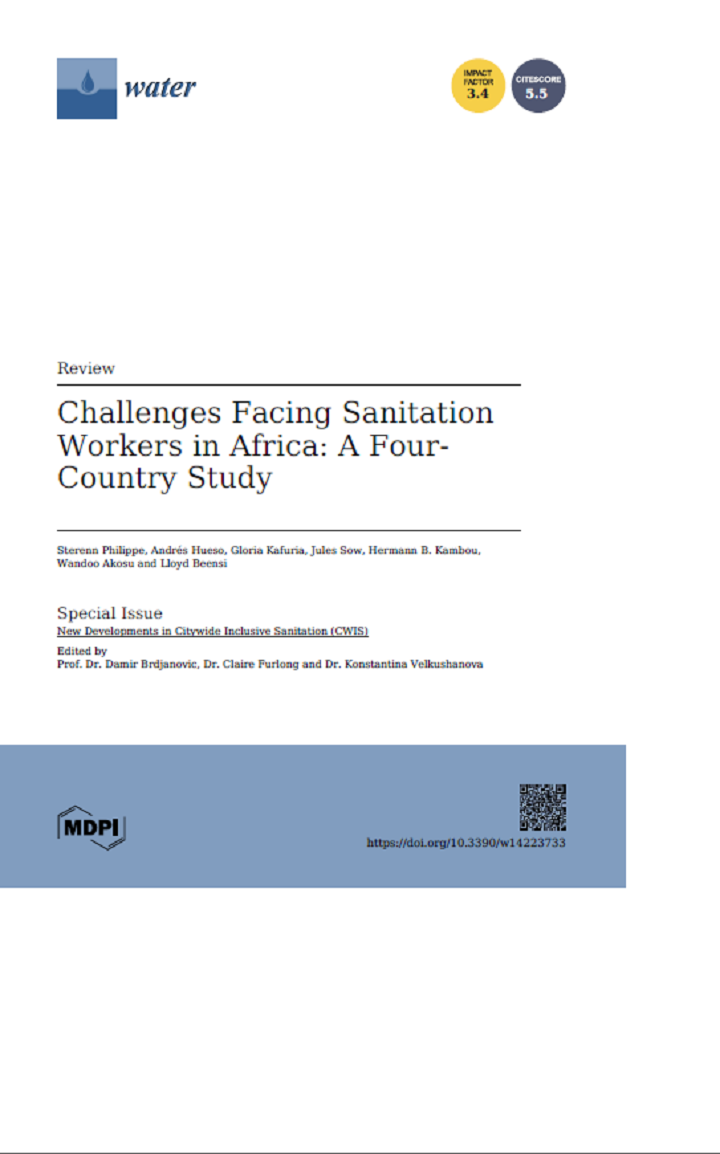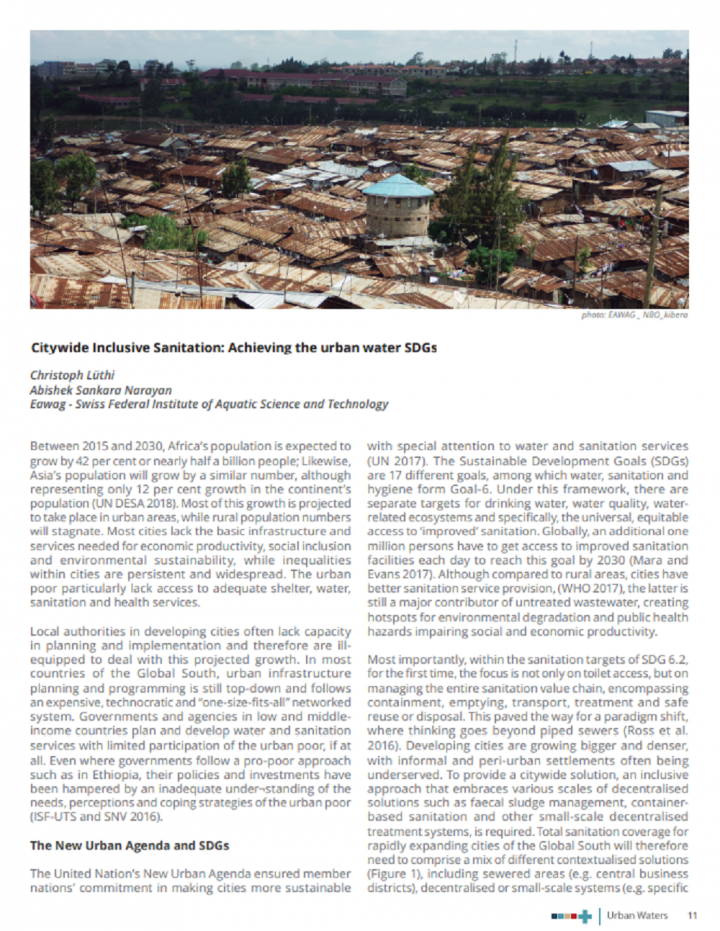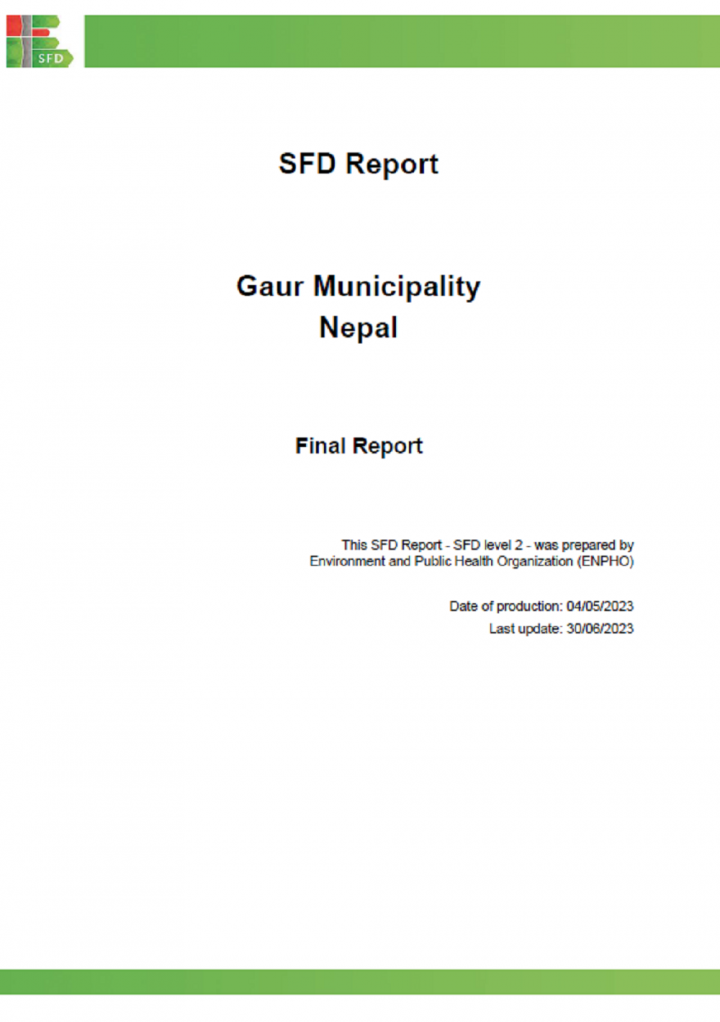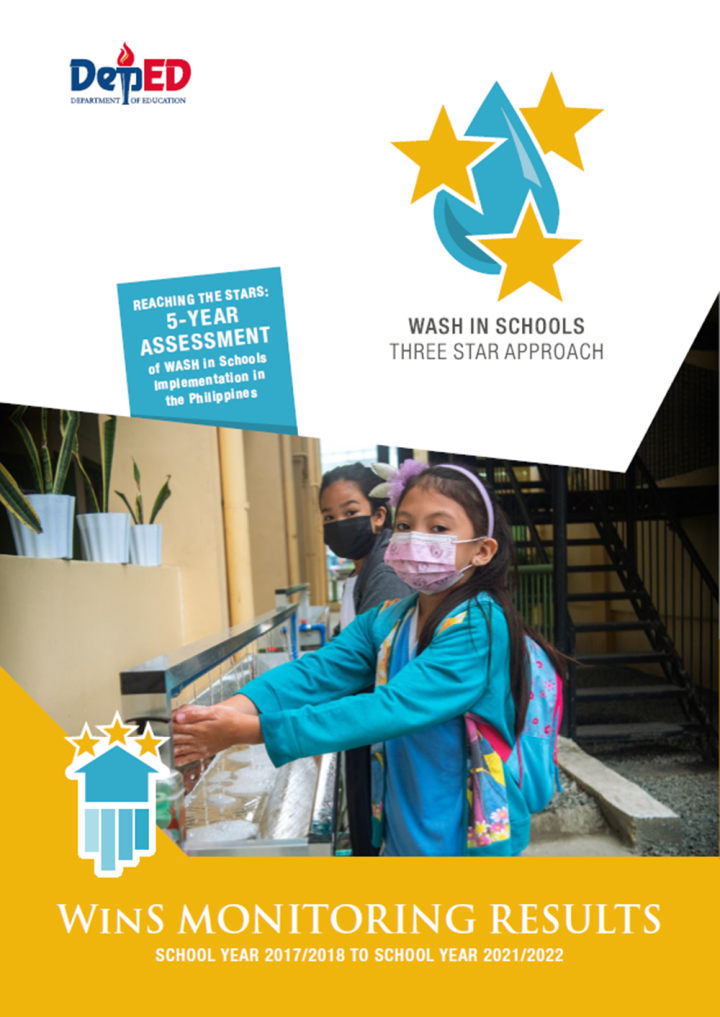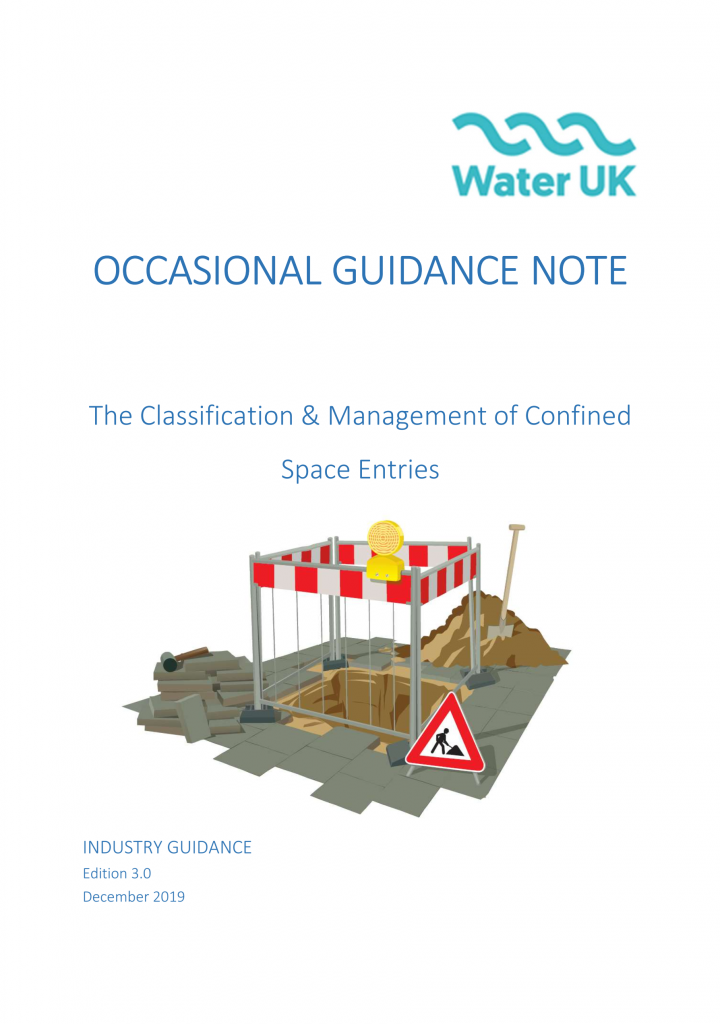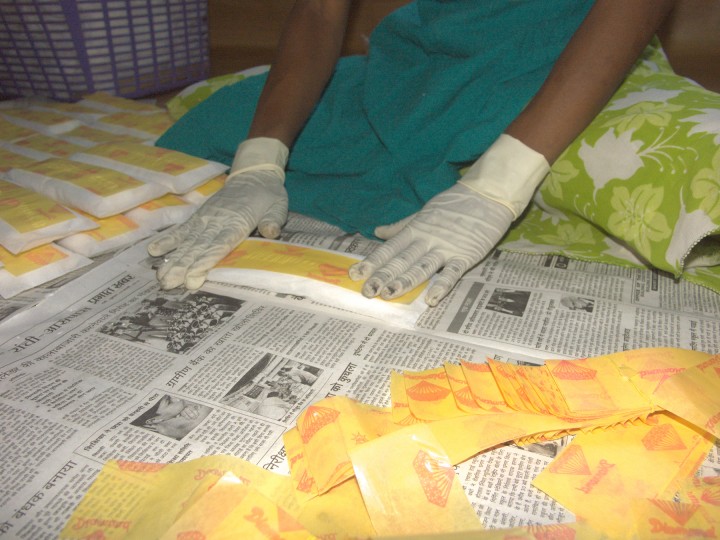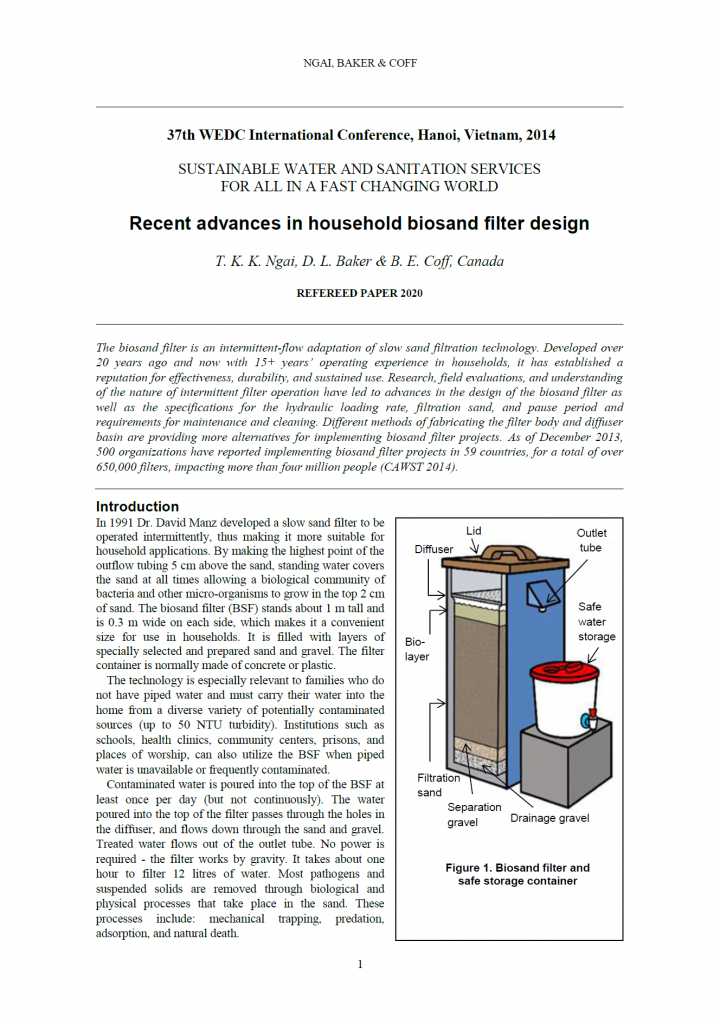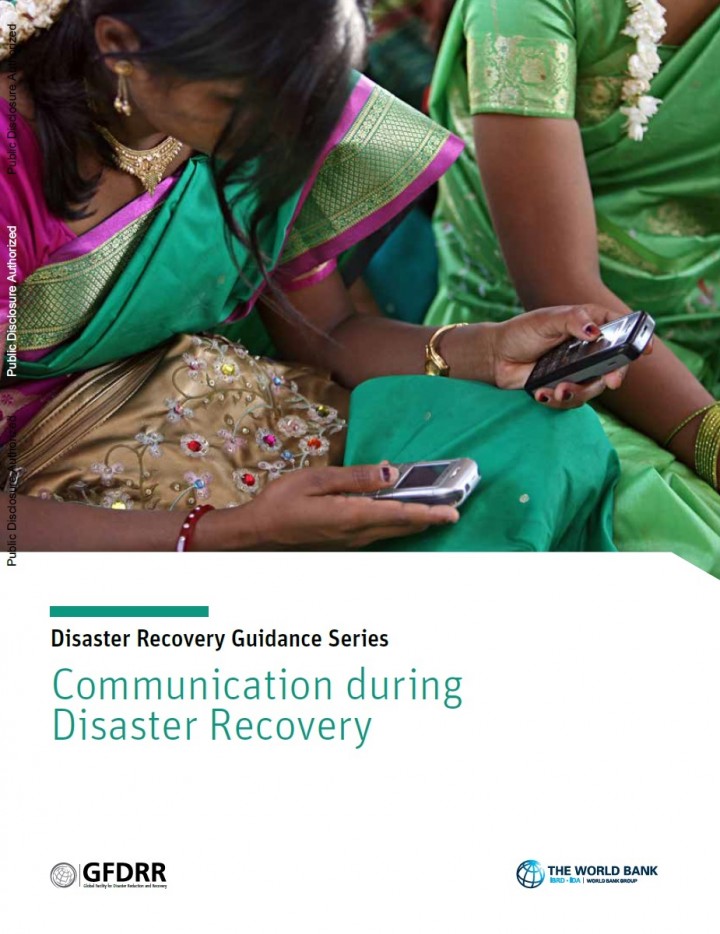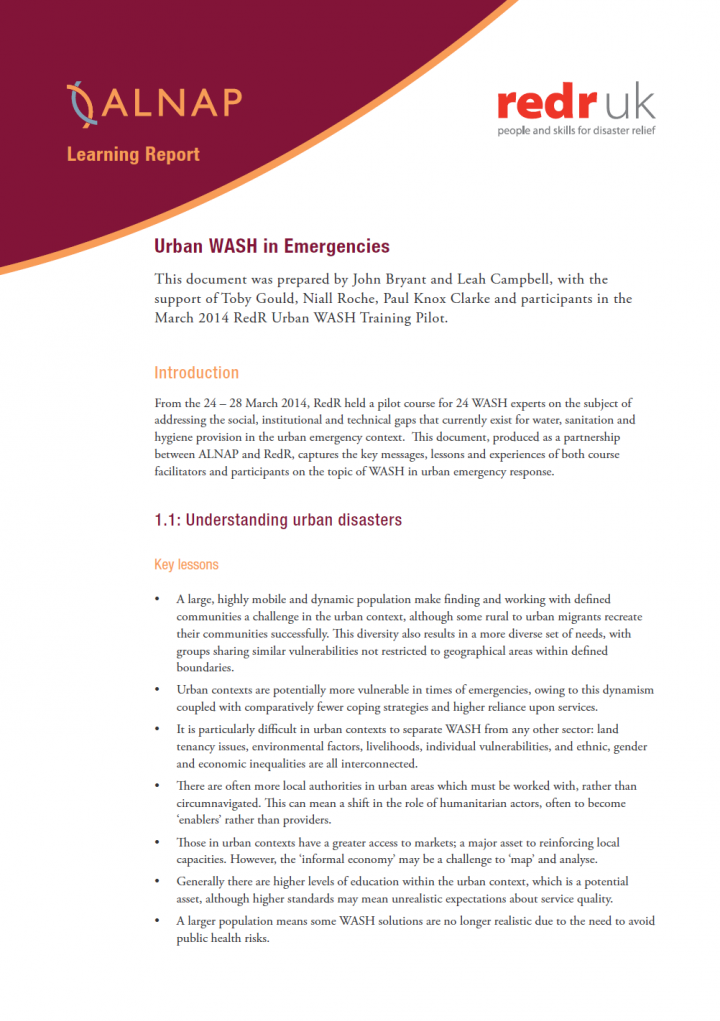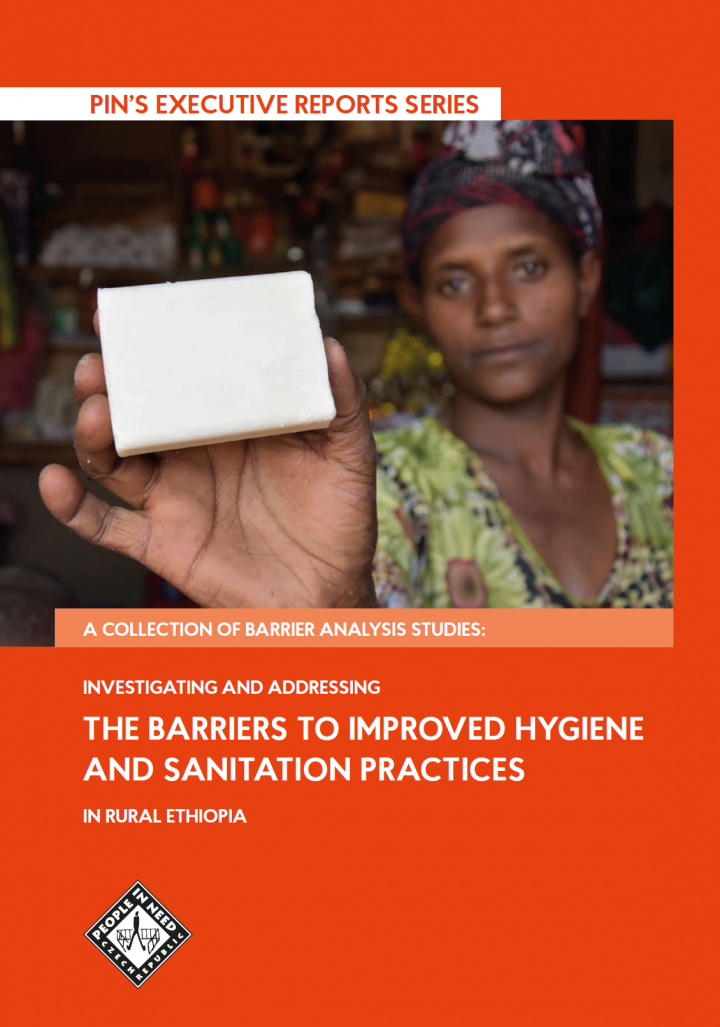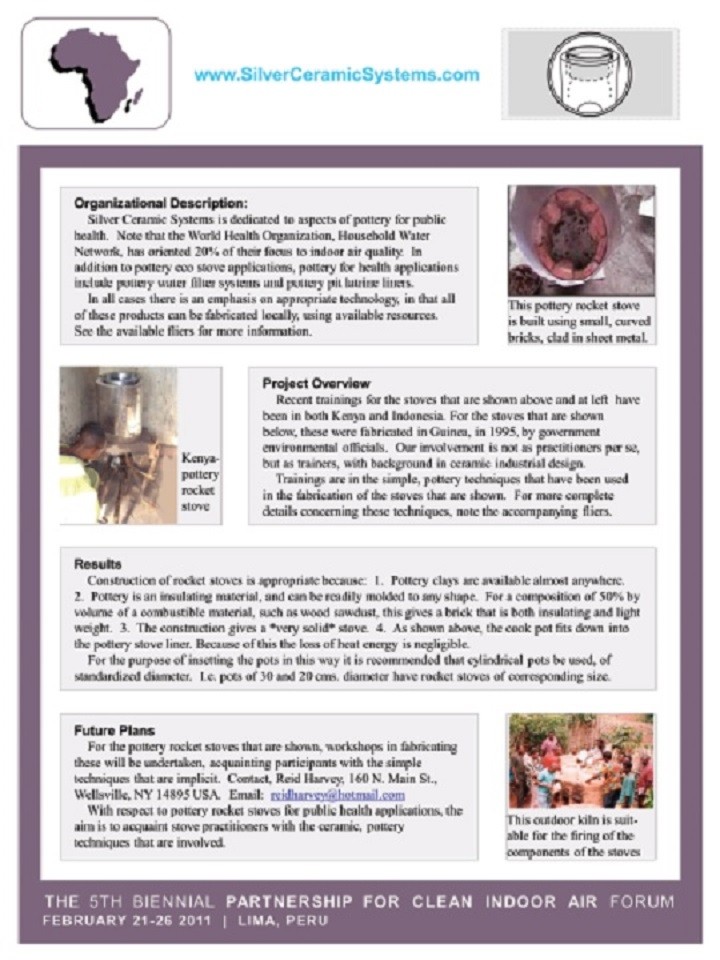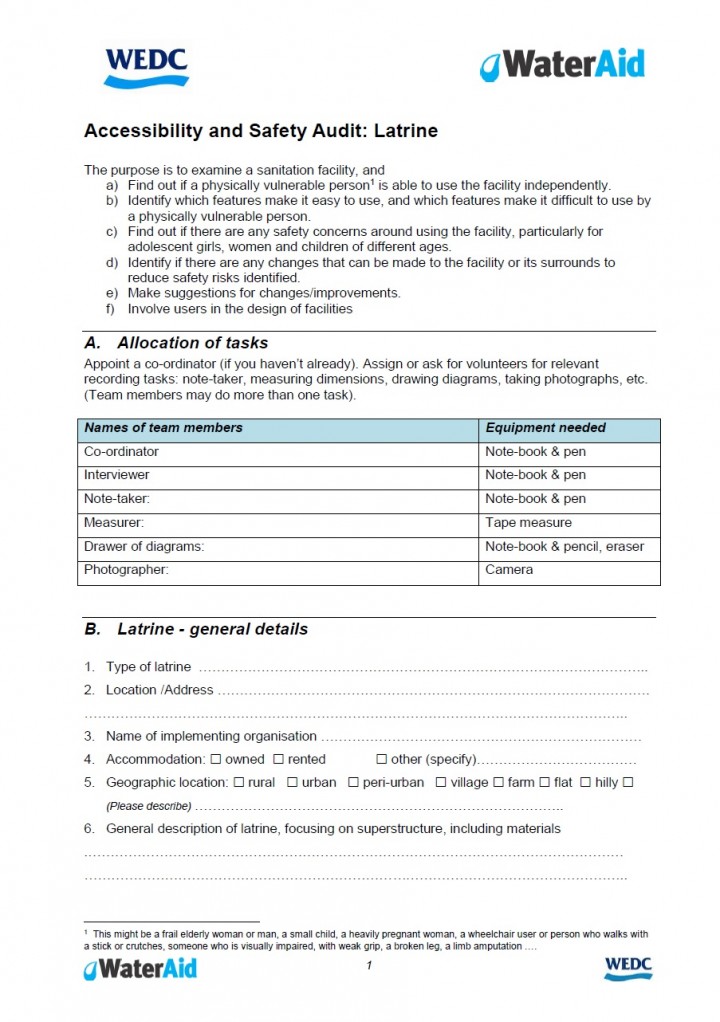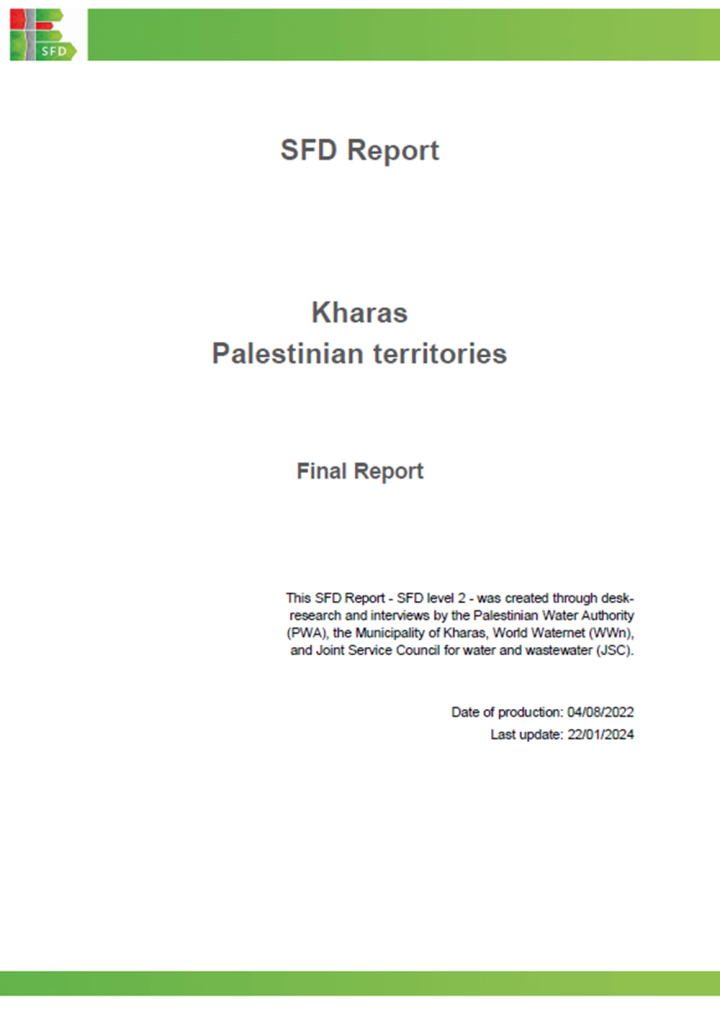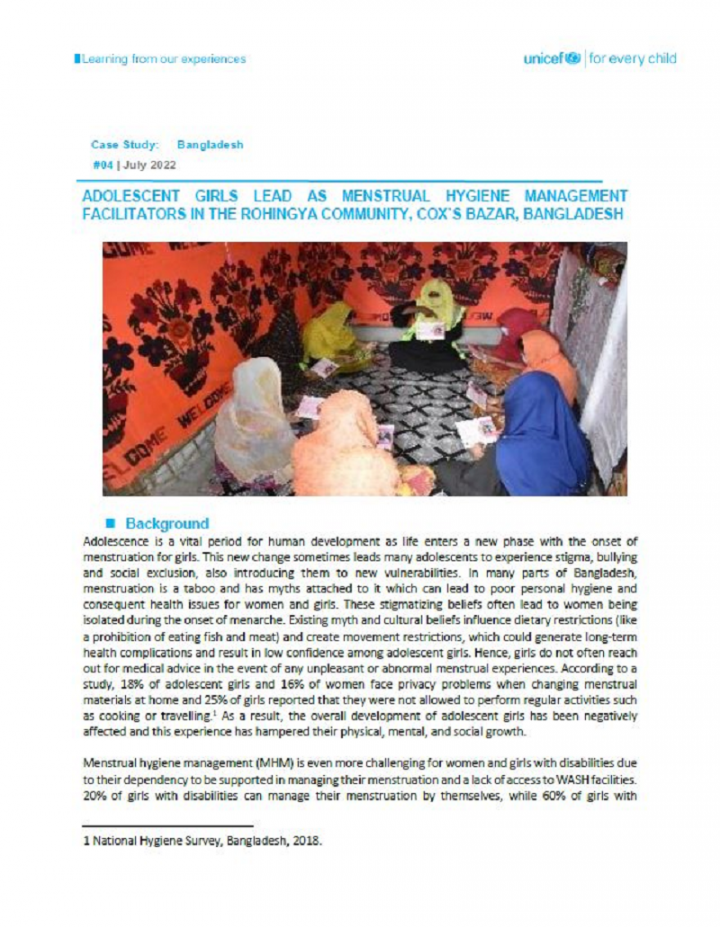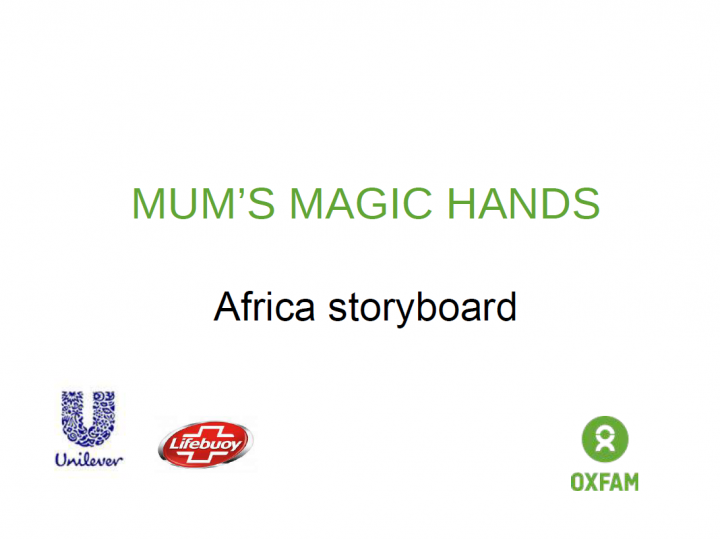Searching for information on Sanitation Workers?
The Sanitation Workers Knowledge + Learning Hub is the best source for all current news, trends, articles and updates on sanitation workers rights around the world.
Humanitarian assistance and development cooperation pursue different aims and follow different principles. Their separation – while important to protect the independence of humanitarian action – has negative side effects. This paper seeks to contribute to the international debate by clarifying concepts, analyzing these effects and exploring donor strategies for addressing them.
The state …
DECENTRALIZATION The beginnings of decentralization in Côte d'Ivoire date back to the colonial period, when the country was a French colony with the existence of mixed communes and municipal councils (partly elected and partly appointed). Medium-sized communes were run by councils headed by “Mayor Administrators” appointed by the Central Colonial Government. Large communes were administered …
In the 64th year of the Republic the nation, it was recognized formally through a legislative act, for the second time after the initial 1993 act, that the “dehumanising practice of manual scavenging, arising from the continuing existence of insanitary latrines and a highly iniquitous caste system” that “still persists in various parts of the country” needs to be eradicated and those in …
Stigma is used as a tool for motivating health behaviour change, often effective at budging otherwise hard-to-shift behaviour.
Shame-induced stigma most damages those already vulnerable, reinforcing health disparities.
Global health use of shaming tactics can inadvertently worsen health-damaging stigma, especially for those with the least power.
These effects, that drive additional health …
The concept of health promotion rests on aspirations aiming at enabling people to increase control over and improve their health. Health promotion action is facilitated in settings such as schools, homes and work places. As a contribution to the promotion of healthy lifestyles, we have further developed the setting approach in an effort to harmonise it with contemporary realities (and …
Bangladesh is the eighth-most populous country in the world, with a population exceeding 166 million people in an area of 147,600 square kilometres making it one of the most densely populated countries in the world.
About a million Rohingyas have fled due to the ethnic cleansing in Myanmar and sought refuge in Bangladesh. The refugees are in temporary settlements in hilly areas of Cox’s …
According to Joint Monitoring Programme, 58.5% have safely managed services for drinking water in 2020. One in five households has to spend more than 30 minutes fetching water from an outside source. The statistics also suggest a serious gap in sanitation facilities; about one-third of the households (31%) use unimproved toilet facilities; 22% of households use pit latrines without slabs, and 3% …
Sanitation workers encounter significant challenges that jeopardize their dignity and health, crucial for achieving Sustainable Development Goals (SDGs). Despite their vital role, many governments in low- and middle-income countries neglect support for this workforce due to insufficient understanding of their needs and obstacles.
The paper explores challenges faced by sanitation workers in …
Gaur Municipality is in Nepal’s southern Terai area. The municipality was formed in April 1992 by merging Gaur, Tikuliya, Purenywa, Sirshiya and Swagadha Village Development Committees (VDCs). The municipality is divided into nine political ward boundaries. According to the census 2021, the municipality has a total population of 39,846 and there are 7,235 households with an annual growth rate …
A pre-recorded conversation between Dr Sally Cawood and activist, writer, researcher and teacher Dr Hemangi Kadlak (Assistant Professor, Vellore Institute of Technology, Tamil Nadu and Strivajin Foundation).
In this recording, Dr Kadlak discusses the motivations for her research on sanitation workers and manual scavenging in India, with important takeways for us all.
Water, Sanitation and Hygiene (WASH) in Schools program in the Philippines has improved significantly over the past years of implementation and contributed to the health and well-being of school children. The program started in 2016 through the DepEd Order No. 10 S-2016 titled “Policy and Guidelines for the Comprehensive WASH in Schools (WinS) Program”. This policy has able to set specific …
The Water Industry is justly proud of the influence that it has had in improving safety standards, not only within its own industry, but in the UK as a whole.
The original Occasional Guidance Note (OGN) upon which this revision has been based, was drafted at the request of the Health and Safety Executive and authored under the guidance of Rob Gwyther and Richard Locke as successive Chairs of …
The biosand filter is an intermittent-flow adaptation of slow sand filtration technology. Developed over 20 years ago and now with 15+ years’ operating experience in households, it has established a reputation for effectiveness, durability, and sustained use. Research, field evaluations, and understanding of the nature of intermittent filter operation have led to advances in the design of the …
This session examines the multiple ways in which Covid-19 has affected sanitation workers at their workplace and in their personal lives. The speakers highlight how the pandemic disproportionately impacted sanitation workers who were on the 'frontline', yet often had little to no personal safety equipment, work protections or faced intense work pressure. We discuss potential opportunities arising …
This guide provides practical guidance for governments regarding how to effectively communicate with communities during the recovery phase following an emergency. It explains how to identify communication needs and presents best fit communication methods and strategies to deploy to support disaster recovery frameworks (DRF) and recovery strategies. For the purposes of this guide, recovery …
From the 24 – 28 March 2014, RedR held a pilot course for 24 WASH experts on the subject of
addressing the social, institutional and technical gaps that currently exist for water, sanitation and
hygiene provision in the urban emergency context. This document, produced as a partnership
between ALNAP and RedR, captures the key messages, lessons and experiences of both course
facilitators …
One of the main objectives of development practitioners is to enable people to adopt and practice positive behaviours that help them to improve the quality of their lives. Development projects frequently make assumptions about why people do not follow the positive behaviors these interventions promote. However, such assumptions are often wrong and decrease the effectiveness of well-intended …
There are several files in this library entry:
(1)
Poster presented at the 5th Biennial Partnership for Clean Indoor Air Forum, Lima, Peru, February 21 to 26, 2011
Summary:
- Simple pottery techniques can be used in fabrication of an insulating material molded to the appropriate shape (bricks).
- The composition of the stove material is 50/ 50 by volume of clay and a combustible material …
The purpose is to examine a sanitation facility, and
a) Find out if a physically vulnerable person1 is able to use the facility independently.
b) Identify which features make it easy to use, and which features make it difficult to use by
a physically vulnerable person.
c) Find out if there are any safety concerns around using the facility, particularly for
adolescent girls, women and …
Kharas is a Palestinian village in Hebron Governorate, located 12 km northwest Hebron city, in the south of the West Bank. The village is located within the southern Palestinian mountains, to the north of Wadi Arab. The village is surrounded by Halhul to the east, Nuba and Beit Ula to the south, Surief to the north and the Green Line to the west.
The population of Kharas town for the year …
Adolescence is a vital period for human development as life enters a new phase with the onset of menstruation for girls. This new change sometimes leads many adolescents to experience stigma, bullying and social exclusion, also introducing them to new vulnerabilities. In many parts of Bangladesh, menstruation is a taboo and has myths attached to it which can lead to poor personal hygiene and …
Oxfam and Unilever’s Chief Sustainability Office carried out extensive research on handwashing practice in emergency contexts. We found nurture to be one of the most powerful motivators driving handwashing with soap among mothers. Even during a crisis, mothers continue to nurture their children to ensure they go onward in life and succeed in bringing fruition to their efforts and fulfillment …

